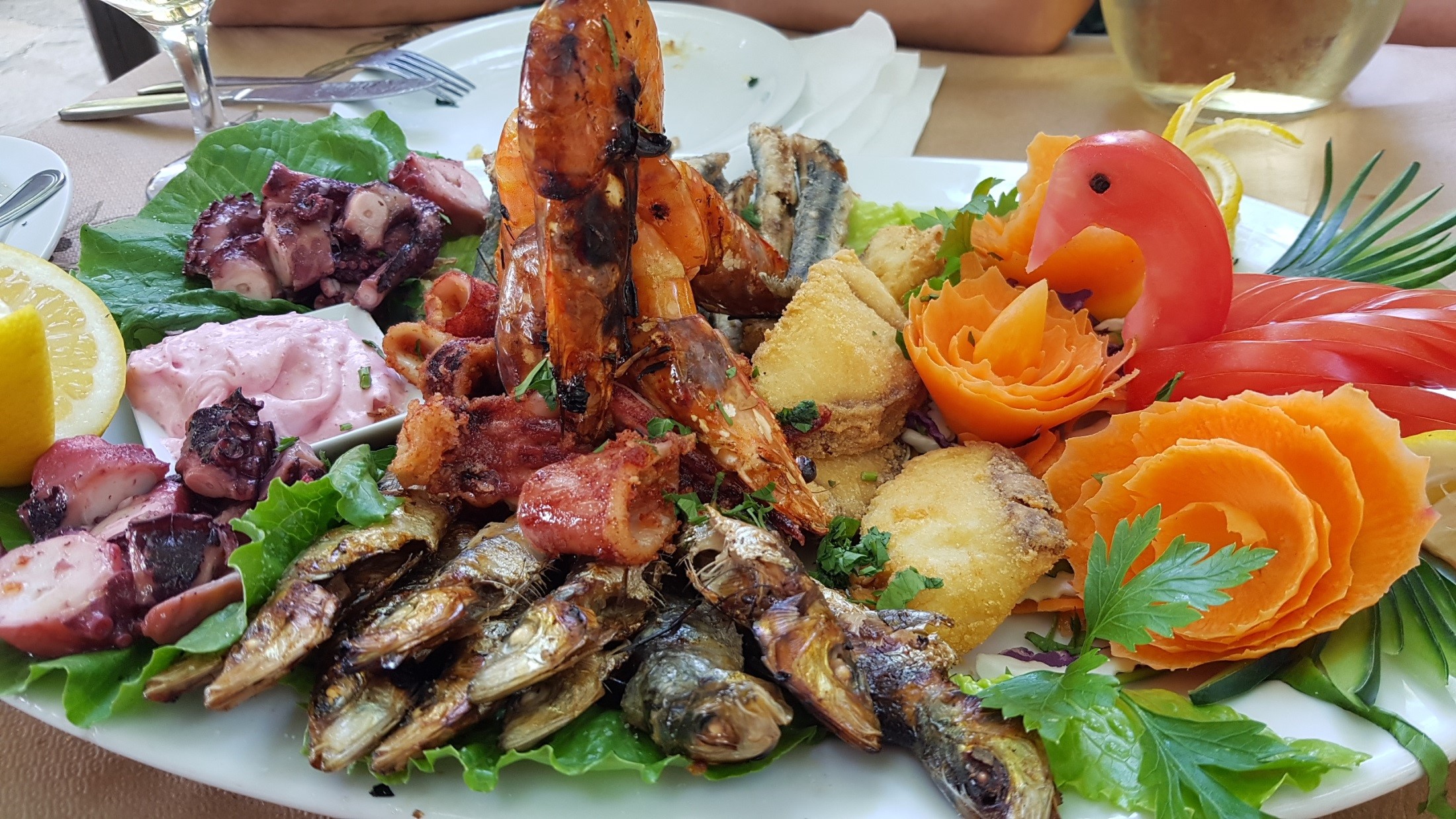Showcasing as a Gastronomic and Tourist Destination with a Strong Identity
A municipality in Western Peloponnese assigned the company Destination-Management.Co to conduct a study aiming to investigate the area’s needs and promote it as a gastronomic and tourist destination with a strong identity. The project involves the Region, municipalities, chambers of commerce, agricultural and craft cooperatives, local producers such as farmers, livestock breeders, fishermen, processing and packaging workshops, as well as establishments in food service, hospitality, and other services. A key component is the dialogue and participation of local citizens in tourism and gastronomy development issues, as tourism growth must align with the needs of the local population.
The study addressed the new conditions following COVID-19, highlighted emerging forms of tourism, and proposed strategies for promoting sustainable tourism, with an emphasis on gastronomic tourism.

Implementation Actions
1. Conference organized jointly by the Municipality and the Union of Hoteliers & Tourist Accommodation Owners, under the auspices of the local Chamber of Commerce, titled:
“Challenges and Prospects for Tourism in the Post-COVID-19 Era – Gastronomic Tourism in Our Region.” The event presented new tourism models, with special focus on gastronomic tourism, and showcased “Good Cases” from other parts of Greece already implementing sustainability strategies. A constructive dialogue with attendees helped identify the area’s key needs.
2. Field Survey with 1,000 questionnaires collected from residents and local stakeholders, identifying detailed challenges, needs, opportunities, and prospects for the area. Findings emphasized the need for a collective effort to manage the area’s reputation and environment, highlighting local competitive advantages—quality local products (PDO, PGI, traditional) and services—integrated with the area’s identity. It also underscored the necessity for tourism businesses to adapt to green and sustainable tourism trends, positioning the area as a sustainable and competitive gastronomic destination.
3. Based on the above, proposed and agreed actions for the three main cities of the municipal unit combined scientific, gastronomic, and cultural elements across four axes:
– Gastronomy: Creation of visual materials (documentaries, AR-enhanced routes), awareness conference, and local product exhibition.
– Tourism and Gastronomy: Strengthening their interconnection.
– Primary Sector and Tourism. (From Farm to Fork case)
– Education: Training of professionals and entrepreneurs in tourism awareness.
Educational Component
A) aPractical training for employees and executives of hotels in the area by specialized teachers and executives. It will be held in collaboration with various private colleges, public universities (e.g. Aegean University, Department of Tourism) and experienced trainers. Training will take the form of three-day seminars for employees and entrepreneurs.
B) Training for SMEs in the tourism sector on green and digital skills:
Topics that will be analyzed are:
– Sustainable development and practices:
– Energy efficiency and eco-friendly operations.
– Use of renewable energy sources.
– Waste reduction.
– Enhancing environmental, social, and cultural footprint.
– Digitalization of tourism services, including the use of Artificial Intelligence (AI++) to create competitive advantages.
C) Awareness-raising of the local population on sustainable development, sustainable tourism, and adoption of “green” policies in everyday life. All of the above make up the action plan that our company designed and undertook to implement. The final presentation and the findings from them will be presented by us and will be attributed to the Municipal and Regional Councils, creating the course of development and evolution of the place.
Project Purpose and Goals:
– Promote the competitive advantage of the area.
– Encourage adoption of best practices by local businesses.
– Explore new development pathways beyond tourism, especially in local commerce. Support from the University of the Aegean, with which a cooperation agreement exists, will help utilize Sensory Marketing, an expertise of the Nutrition Department in Lemnos.
Project Duration: 18–24 months
Note: Destination-Management.co holds full rights to this proposal, which was presented at the FU Tourisme Project 2024.
